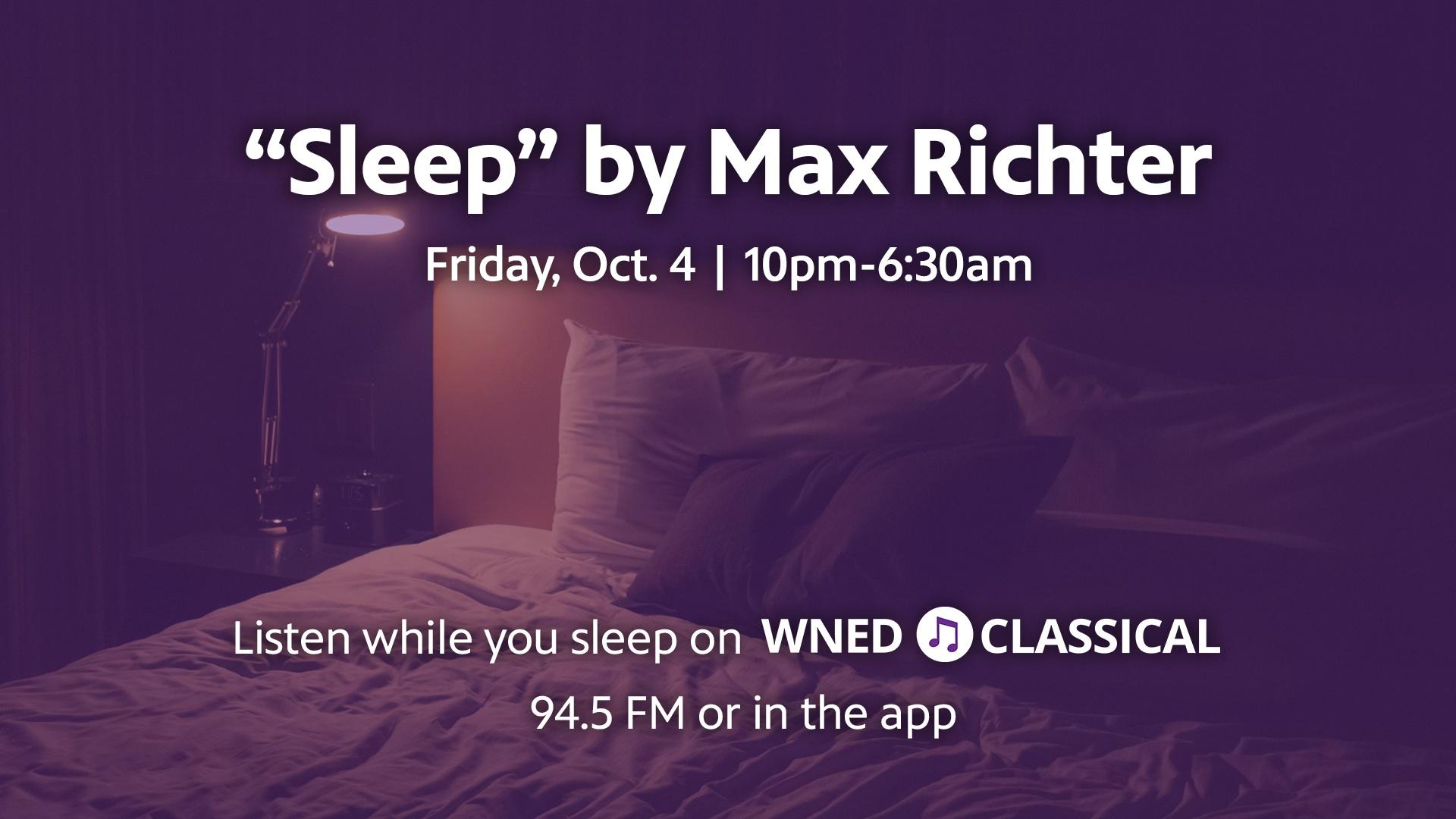Fall is my favorite season. I’d contend it’s the best season, other than Christmas, for listening to classical music. My reasoning is all wrapped up in memories, stories, foods, changing temperatures and a lifelong love of imagining what music is saying when there are no words.
I remember an elementary school teacher who handed us crayons to color pictures of what we heard while she played various selections. That exercise put me in a dreamy space, letting my mind run free translating notes into color.
Fall is the time for color, for back-to-school, and for sleep. School nights, my Dad would tell me “Time to go off into the arms of Morpheus!” My mother rolled her eyes. I don’t think we ever asked for an explanation; still he may have told us he wanted us to go to “dreamland.” But I know now that Dad was referring to the Greek god, Morpheus, believed to be the god of dreams. He was the son of Hypnos, the god of sleep. The phrase is more commonly worded “in the arms of Morpheus,” it was used to describe someone in deep sleep, likely in the dreaming phase.
Sleeping feels better in the fall somehow. Some studies show that as the temperatures cool many people sleep deeper. One study zeroed in on a range of 60-70 degrees as the optimum range for falling asleep and staying asleep. More studies show the shorter hours of daylight may trigger your body’s production of melatonin sooner, making you feel sleepy earlier in the evening.
There is something to be said for the Danish concept of “hygge,” a kind of coziness of blankets, warm tea, candlelight, spices, sweaters and autumnal colors. To go along with that, relaxing music, the tinkling of piano, the simplicity of composer Arvo Pärt’s “tintinnabuli” style, music that can change or contribute to your mood.
Morpheus and his father Hypnos dabbled in sleep and dreams, not music, but Orpheus purportedly had superhuman skills in music. Orpheus’ history does incorporate change in one way or another. Ann Wroe wrote in her imaginative book Orpheus: The Song of Life,
“In the beginning he was perhaps a vegetation god, a deity of growth, death and resurrection. Hence “Orpheus”, by one derivation: dark, obscure, out of the earth. But godhead gradually slipped away from him, leaving only a sense of election and the power, through his music, to change landscapes, seasons, hearts.”
In the fall, many of us find more alone time, no more summer festivals, life slows down, less work in the garden, maybe some raking of leaves. The weather gets cooler outside and warmer inside with apple cider, spiced drinks, squash soup, still getting outside occasionally for a walk in yellow, red and gold leaves. Fall is a time to find oasis, just like music can be, if “oasis” is defined as a pleasant or peaceful area or period during a difficult or hectic place or situation.
Enjoy your autumn with music on WNED Classical, whether it’s “The Oasis” Monday through Friday at 5pm or any time of day.
Or if you really want music for sleep, listen to Max Richter’s Sleep, 8 hours of music to play while you sleep.
And, here’s a suggested list of ten pieces for great fall listening when it’s time for you to go “into the arms of Orpheus (instead of Morpheus).”
- Cry Me A River played by Sheku Kanneh-Mason and Harry Baker
- Fantasia on a Theme by Thomas Tallis by composer Ralph Vaugh-Williams
- All the Things You Are played by Leon Fleisher
- Dance of the Blessed Spirits by composer Christoph Wilibald Gluck
- Jennifer Higdon’s Autumn Music for wind quintet
- Three Ghost Rags by William Bolcom
- Spiegel im Speigel by composer Arvo Pärt
- The first and second movements of the Duo for Flute and Piano by Aaron Copland
- Dido’s Lament from Henry Purcell’s opera “Dido and Aeneas”
- Bethena, a Concert Waltz by Scott Joplin



